In Islamophobia Awareness Month, an investigative look at the racist campaigning strategy of Tower Hamlets Labour, how it alienates voters and party members.
A Long Read (about 10 minutes)
- Islamophobia Awareness Month in Tower Hamlets
- Old Bottles, New Wines: A Brief History of Racism in Tower Hamlets Labour
- Tower Hamlet’s Own Trojan Horse Affair?
- The Weaponisation of Islamophobia by Tower Hamlets Labour and the Local Press
- Islamophobia Costs Lives: An Appeal to Facts Not Prejudices
1. Islamophobia Awareness Month in Tower Hamlets

Islamophobia Awareness Month (IAM), held annually in November in the UK, aims to raise awareness about Islamophobia, its effects, and strategies to combat it. Launched in 2012, the campaign fosters understanding of Islam, challenges harmful stereotypes, and promotes solidarity across communities. IAM activities include public events, exhibitions, social media campaigns, and grassroots engagement. Its mission is to educate the public, empower communities, and advocate for action against anti-Muslim hate and discrimination.
Tower Hamlets Council marked IAM with a dedicated event, fitting for a borough that is home to one of Western Europe’s largest and oldest continuous Muslim communities. This history stretches back nearly 400 years to the era of the East India Company, whose headquarters, warehouses, and docks were situated near Whitechapel. The event, held at the Town Hall, on Monday 18th November, featured speeches from various dignitaries.
At the same time of the event, veteran journalist Peter Oborne, published a piece underscoring the double standards applied to Tower Hamlets, seemingly influenced by the borough having a Muslim Mayor and a significant Muslim population. Highlighting that islamophobia still dominates the discourse, surrounding local politics.
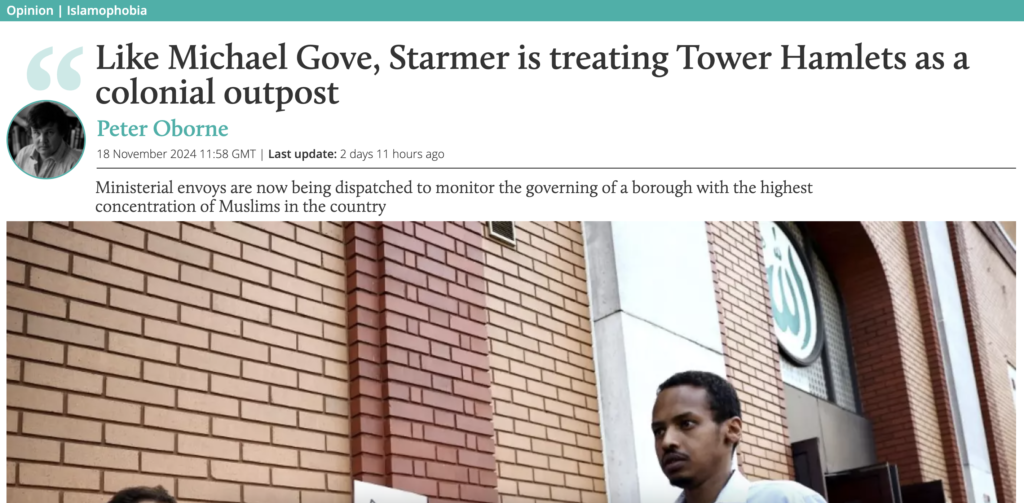
Despite over a decade of IAM initiatives and the adoption of the APPG Islamophobia Definition—first published in Parliament in 2018 and embraced by Tower Hamlets in 2019 as the second local authority to do so, after Newham—there remain significant challenges. Local politics in Tower Hamlets, seems to be stuck in a time loop, continuing to reflect these entrenched issues, raising questions about why meaningful progress in combating Islamophobia has been so limited.
What are the entrenched issues that prevent Tower Hamlets, collectively to make significant progress in tackling Islamophobia?
2. Old Bottles, New Wines: A Brief History of Racism in Tower Hamlets Labour

A key reason for the lack of meaningful progress in tackling Islamophobia in Tower Hamlets lies with the local Labour Party. In the lead-up to the recent weekend, Labour distributed leaflets that some of its members described as racist. This approach to politics has led to the defection of two senior female Labour councillors to the Aspire Party, one of whom publicly cited discrimination against Bangladeshi’s as a key factor.
As a former councillor and Labour member in Tower Hamlets, I have personally witnessed, discussed written in a national publication, widely known cases of Islamophobia within the party. From the late 1970s through to the early 1980s, Bangladeshi Muslims were routinely denied membership of the Labour Party. The explanation provided by the local party was that membership was “full.” Former Councillor Selim Ullah recalls moving from Birmingham to East London during this period and attempting to transfer his Labour membership, only to repeatedly find meeting doors closed and being told the meetings had already begun.
I also witnessed the Lutfur Rahman controversy. After winning the Labour mayoral selection in 2010, Rahman was removed as the candidate on the basis of uninvestigated allegations steeped in Islamophobic tropes. While an electoral court found Rahman guilty of malpractice in 2014, the court also criticised his treatment by Labour in 2010. The judge stated, “Although this judgement will have to be critical of Mr Rahman in many respects, in the matter of his deselection the court cannot but sympathise with him. His treatment by the NEC was, by any standards, utterly shameful and wholly unworthy of the Party which, rightly, prides itself on having passed the Human Rights Act 1998.”
Historically, the local Labour Party has demonstrated a pattern of institutional discrimination. Before the Second World War, the Jewish community faced similar treatment, leading many to join the Communist Party, resulting in the election of Jewish Communist MP Phil Piratin in 1945. A fact demonstrated by the lack of support given to the Jewish community, during the Battle of Cable Street. Despite broader societal progress, these patterns of exclusion persist. In the early 20th century, Jewish political actors faced discrimination; in the 21st century, it is Muslims.
3. Michael Gove & The Best Value Inspection: Tower Hamlet’s Own Trojan Horse Affair?

The accusation of Islamophobia and references to the “Trojan Horse Affair” were highlighted in the article by Peter Oborne. Peter is a prominent British journalist, author, and political commentator. Known for his independent and often controversial views, Oborne has written for leading outlets like The Telegraph, Daily Mail, and The Guardian. His notable works include The Rise of Political Lying and The Fate of Abraham, which focus on media ethics, political integrity, and foreign policy. A staunch critic of power and propaganda, Oborne famously resigned from The Telegraph in 2015, alleging a decline in its journalistic standards.
The “Trojan Horse Affair” refers to a 2014 controversy in the UK involving an alleged Islamist plot to take over schools in Birmingham, based on an anonymous “Trojan Horse letter.” While investigations, triggered by the then Secretary of State, Micheal Gove, uncovered some governance issues, the letter was later deemed a likely hoax. The affair fuelled widespread Islamophobia, stigmatising Muslim communities across Britain. In 2022, The New York Times revisited the case in a podcast that challenged the letter’s authenticity, criticised the government’s heavy-handed response, and exposed the harm inflicted on local Muslim communities. This renewed discussions about institutional bias and counter-extremism policies in the UK.
In the Middle East Eye article, Oborne argues that the UK government’s decision to appoint “ministerial envoys” to monitor Tower Hamlets Council reflects Islamophobia. He draws parallels to the “Trojan Horse Affair”. Oborne criticises the choice of Sir John Jenkins, a former ambassador to Saudi Arabia with no expertise in local government, to lead the inspection of the council. He contends that this decision implies that the previous Secretary of State, Micheal Gove, treated Tower Hamlets as if it were a foreign entity, further evidencing a broader pattern of Islamophobia in policy and governance.
Although, Peter has been challenged in the details of his assertions by former local Councillor, Andrew Wood. In this I will have to disagree with Andrew and agree with Peter, and the with the demonstrations of facts below, show why Peter is correct in the substantive thrusts of his arguments.
So what was the role of Tower Hamlets Labour in triggering this Islamophobic witch hunt?
4. The Weaponisation of Islamophobia by Tower Hamlets Labour and the Local Press
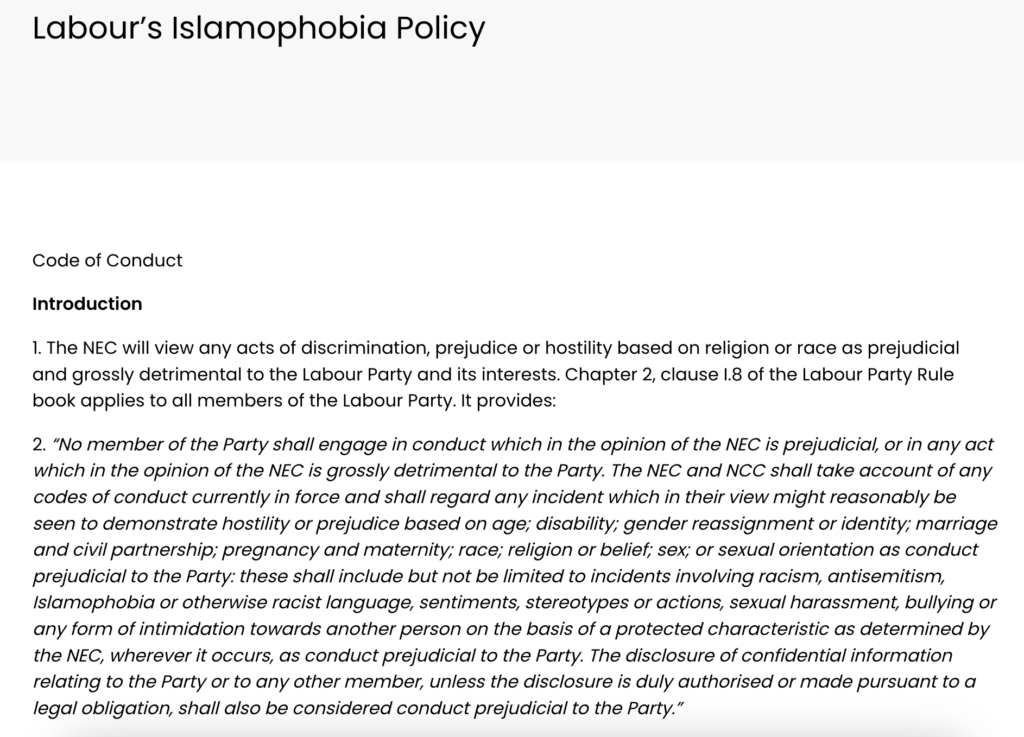
To address the political weaponisation of Islamophobia, it is essential to establish clear definitions. To discuss the Tower Hamlets Labour Party instrumentalisation of Islamophobia, I will use the UK Labour Party’s definition of Anti-Muslim Hatred:
10.j. Accusing Muslims of being a “fifth column” or of lying or acting in ‘stealth,’ and/or implying that a Muslim, or Muslims in general, are inherently antisemitic, homophobic, and/or misogynistic. – Labour’s Islamophobia Policy
Conversations with sources within the Tower Hamlets Labour Party suggest that, much like the “Trojan Horse Affair,” this incident was triggered by another hoax. Labour councillors exploited protests over Palestine to accuse the council of orchestrating the demonstrations. Around this time, a leaked email appeared on social media in which Labour Councillor Marc Francis complained to the Metropolitan Police about Palestine flags and protests, copying in then-Labour leader (and now Prime Minister) Keir Starmer. The implied reading of the email mirrored the Islamophobic trope of accusing Muslims of being engaged in terror activities, by displaying the Palestinian flag.
10.k. Minimising or justifying the persecution, oppression or denial of the human rights of Muslims on the basis of concerns about ‘Islamic’ terrorism, or national security. This may manifest itself by using stereotypes in an international context (for example, in respect of the position of Palestinians or Kashmiris, to deny the right to self-determination) or in a domestic context. – Labour’s Islamophobia Policy
These Islamophobic tropes, propagated by Labour councillors, were uncritically repeated in the local press, though notably absent in national coverage. One prevalent trope portrayed Muslims as inherently misogynistic.
For example, Ruby Gregory, a Local Democracy Reporter at MyLondon and the East London Advertiser, wrote:
“Some female councillors told Government inspectors they do not feel respected, and a number of them raised concerns about being shut down and not being given the opportunity to speak at meetings. Inspectors witnessed a Full Council meeting where opposition female councillors felt unsafe.”
Similarly, Agatha Scagginate of the Whitechapel LDN published an entire section on “Sexism in the Town Hall.”
These reports uncritically perpetuate Islamophobic narratives. A brief investigation would expose contradictions. For instance, only weeks earlier, senior female Labour Councillor Sabina Akhter resigned from the Labour Party and joined Aspire, the Mayor’s independent political group. Even a cursory inquiry would challenge the anti-women allegations made against the independently elected Muslim Mayor of Tower Hamlets, for example the signature policy of encouraging women in sport. Working previously closely with the national press team at the Labour Party, who work with the national press. It appears there seems to be a discrepancy in the narrative given to the national press, by the national Labour Party, excluding the Islamophobic trope of misogyny. Whereas, the local, Tower Hamlets Labour Party seems to have heavily briefed the local press, emphasising the unfounded racist trope. This may explain why national media outlets avoided amplifying such Islamophobic claims, while local publications such as the Whitechapel LDN,East London Advertiser, and MyLondon failed to exercise similar editorial rigour.
5. Islamophobia Costs Lives: An Appeal to Facts Not Prejudices
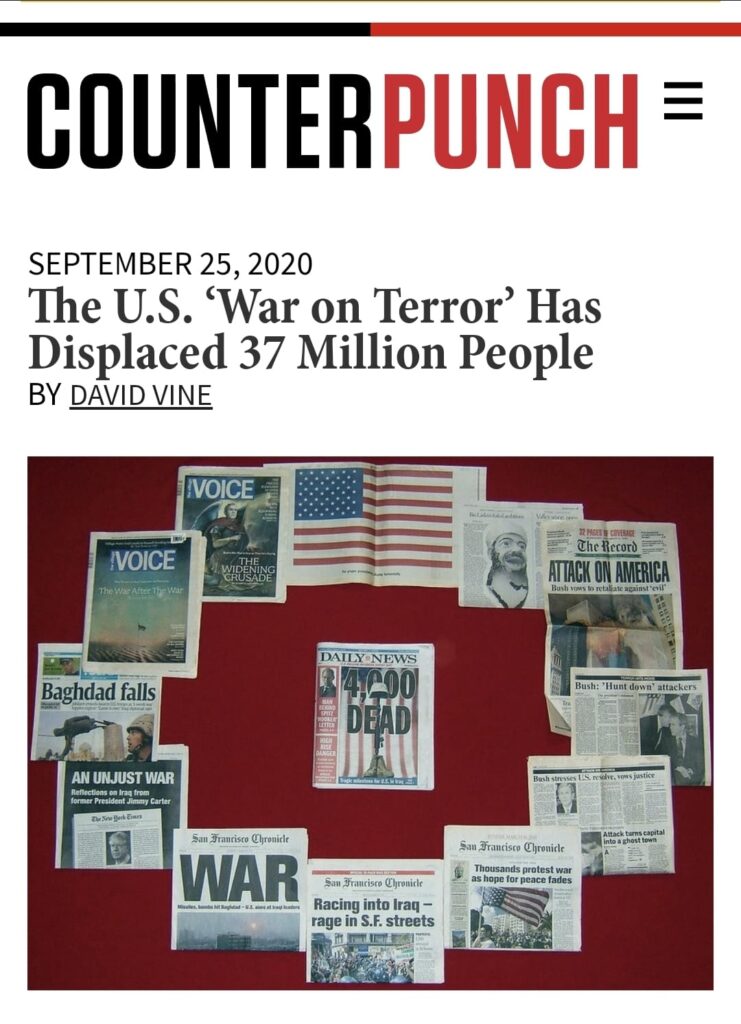
During Islamophobia Awareness Month, it is crucial for the residents of Tower Hamlets—an area with one of the highest concentrations of Muslims—to focus on facts, context, and understanding. This stands in stark contrast to the perpetuation of Islamophobic tropes by an institutionally racist Tower Hamlets Labour Party. History has demonstrated, that Islamophobia, if left unchecked, leads to devastating consequences, including the loss of countless innocent lives. The “forever wars” initiated by Dick Cheney and the Neocons in Washington have claimed over four million lives, reportedly influenced by the likes of Bernard Lewis, a denier of the Armenian genocide and a former SOAS alumni, such as myself. Palestinian-American scholar Edward Said exposed Lewis’s academic racism, highlighting the damaging role of prejudices, such as Islamophobia in shaping policies of destruction.
Beyond Tower Hamlets, the world continues to progress despite enduring challenges of prejudice at home and abroad. For instance, on December 3, 2024, Muslims and non-Muslims alike will gather at Stonehenge to celebrate a shared cultural connection through the lunar visibility calendar. Stonehenge, historically designed to track not only solar movements but also the lunar calendar, exemplifies the deep commonalities that unite humanity. However, such shared values and connections are often ignored by the local Tower Hamlets Labour Party.
With numerous local Tower Hamlets Labour members either leaving the party or opting to stay inactive, and two senior councillors defecting to the Mayor’s Aspire party amid concerns over a divisive and racially charged campaign strategy, it seems the local Tower Hamlets Labour Party is determined to weaponise Islamophobia. An approach that risks driving the party toward electoral irrelevance in the 2026 elections.

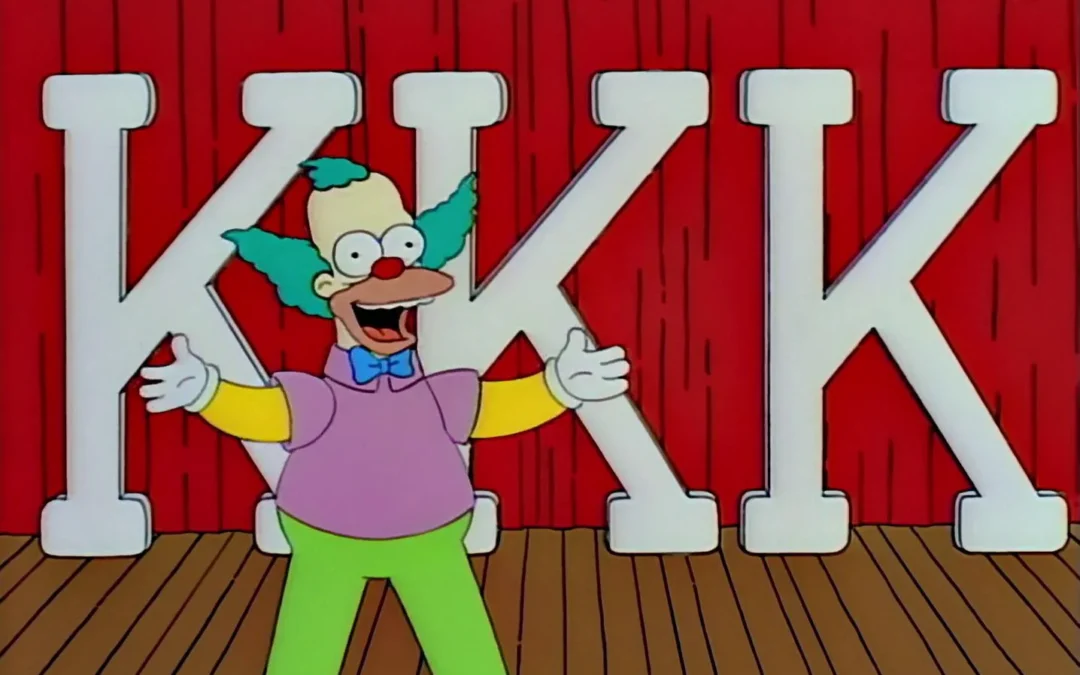
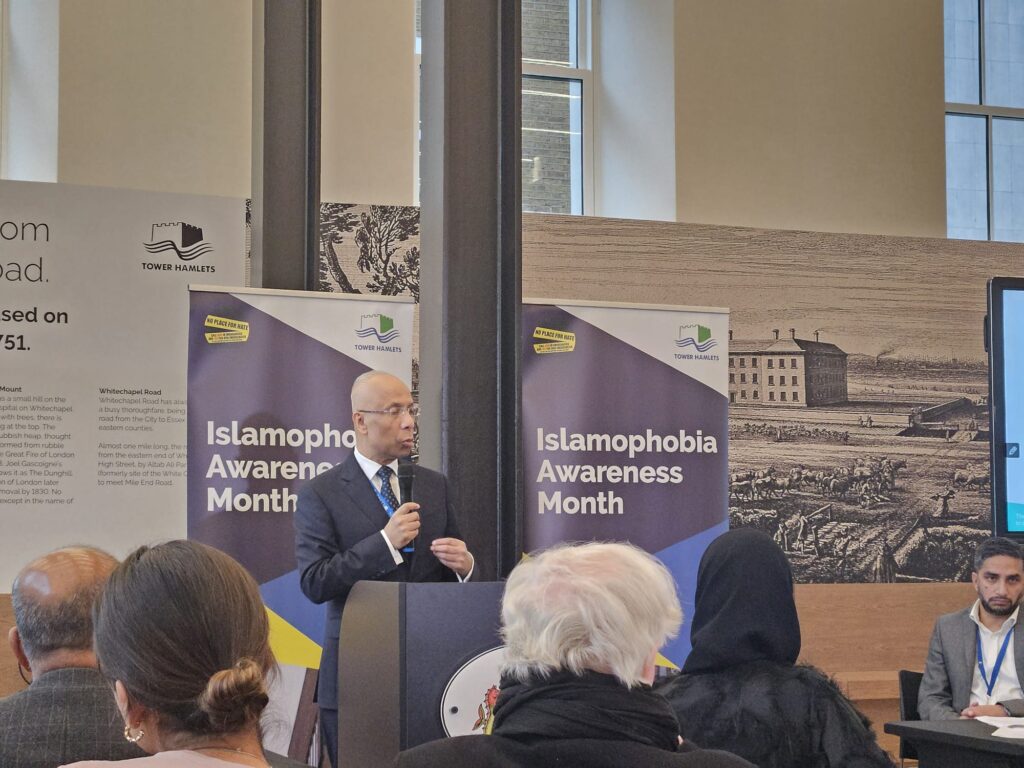
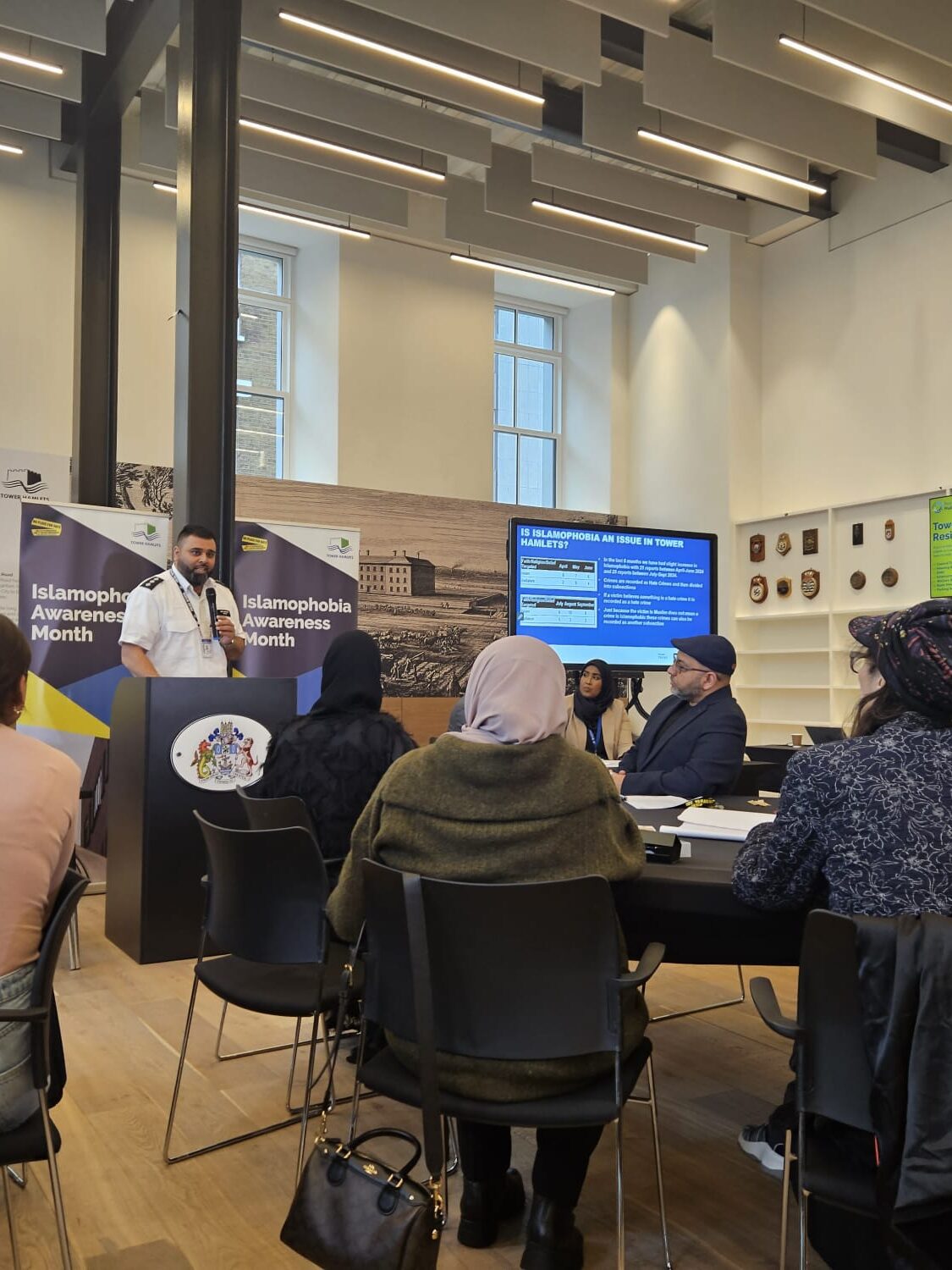
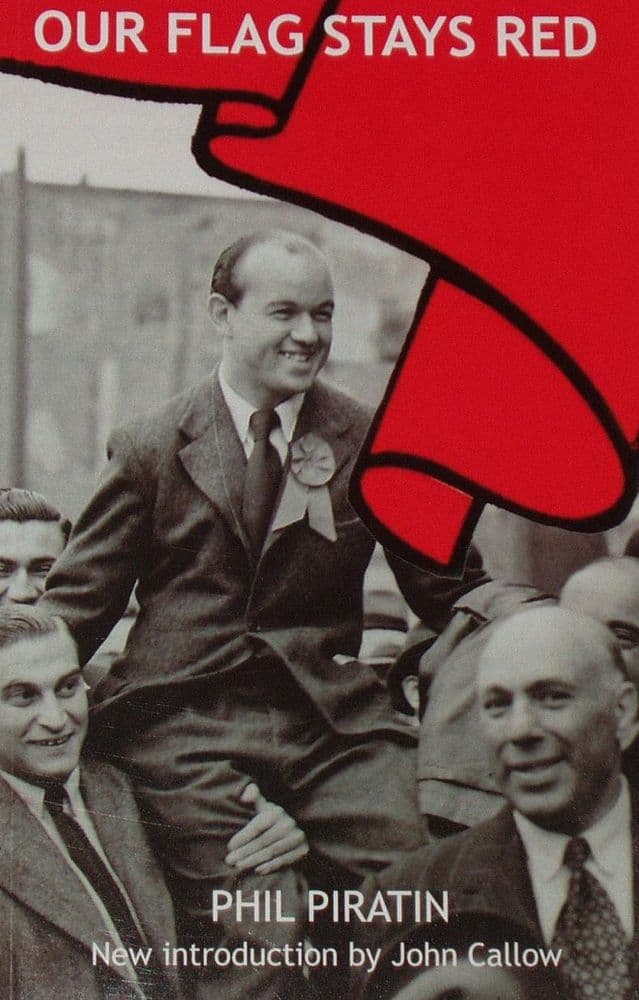
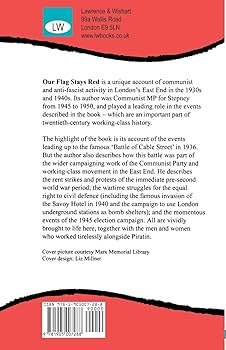
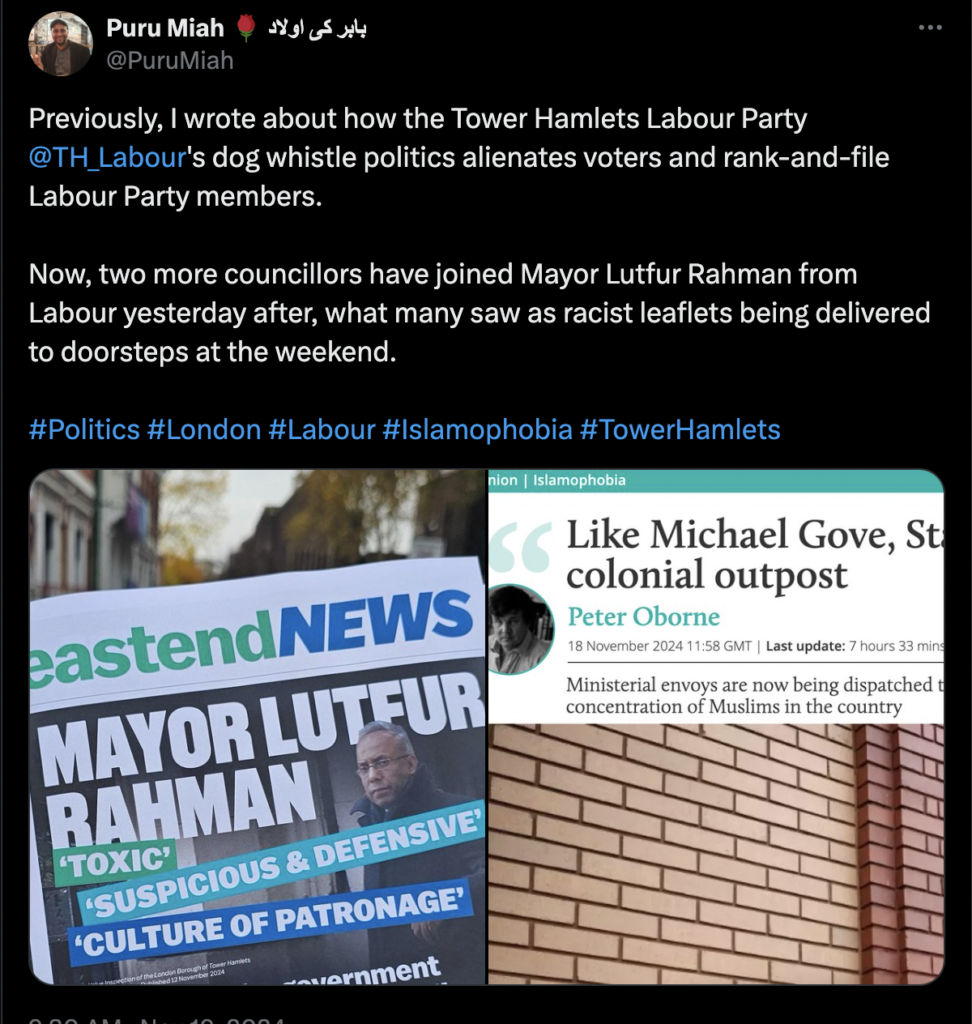

Recent Comments